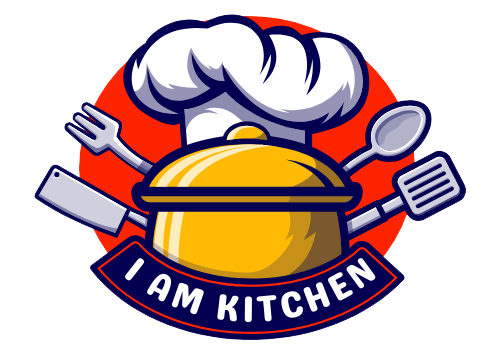- Budget: Before you start shopping for kitchen equipment, it’s important to set a budget. This will enable you to reduce your options and avoid spending too much. Make a list of the essential items you need and prioritize them based on your budget.
- Space: Consider the size of your kitchen and the available space for storing your equipment. If you have a small kitchen, you may need to choose equipment that is compact and can be easily stored. On the other hand, if you have a larger kitchen, you may have more room to work with and can choose larger pieces of equipment.
- Function: Consider the type of cooking you plan on doing and the equipment you’ll need to make it happen. For example, if you plan on baking, you’ll need a good-quality oven and a mixer. If you plan on cooking stews or soups, you’ll need a large pot or Dutch oven. Make a list of the types of cooking you plan on doing and the equipment you’ll need for each.
- Quality: Invest in high-quality equipment that will last a long time. While cheaper equipment may seem like a good deal in the short term, it may end up costing you more in the long run if it needs to be replaced frequently. Look for equipment made from durable materials that are easy to clean and maintain.
- Brand Reputation: Choose brands with a good reputation for producing high-quality equipment. Look for reviews online, ask for recommendations from friends and family, or consult with professionals in the industry to find out which brands are most reliable.
- Ergonomics: Consider the ergonomics of the equipment you’re considering. Is it comfortable to use? Does it fit your body type? Will it cause strain or discomfort with extended use? Look for equipment that is designed with ergonomics in mind to help prevent injury and make cooking more enjoyable.
- Maintenance: Consider the maintenance requirements of the equipment you’re considering. Will it require regular cleaning or maintenance? Can it be easily repaired if it breaks down? Look for equipment that is easy to clean and maintain, and that comes with a warranty or guarantee.
In summary, choosing the right kitchen equipment requires careful consideration of your budget, available space, cooking needs, quality, brand reputation, ergonomics, and maintenance requirements. By taking the time to research and plan, you can ensure that you invest in equipment that will serve you well for years to come.




